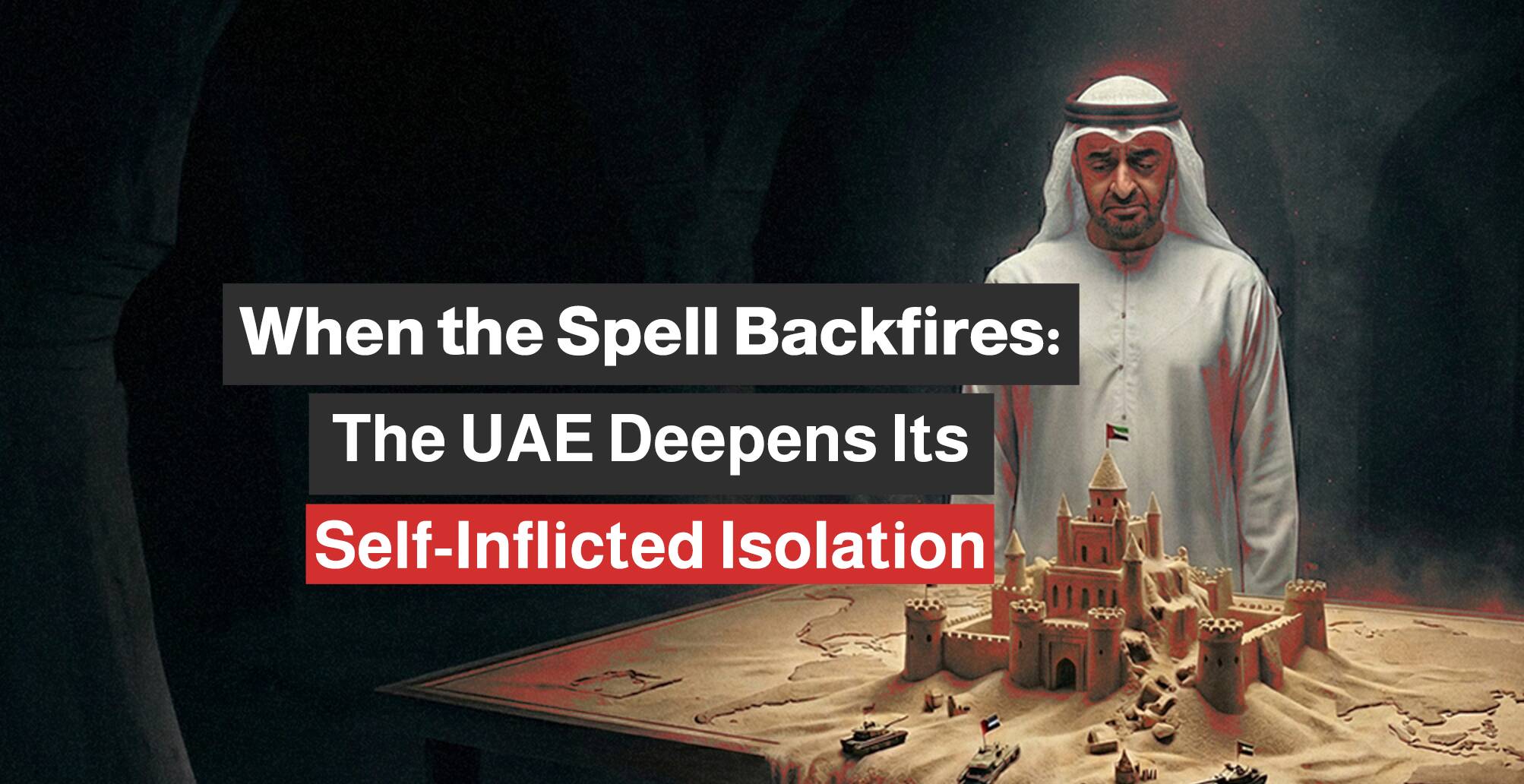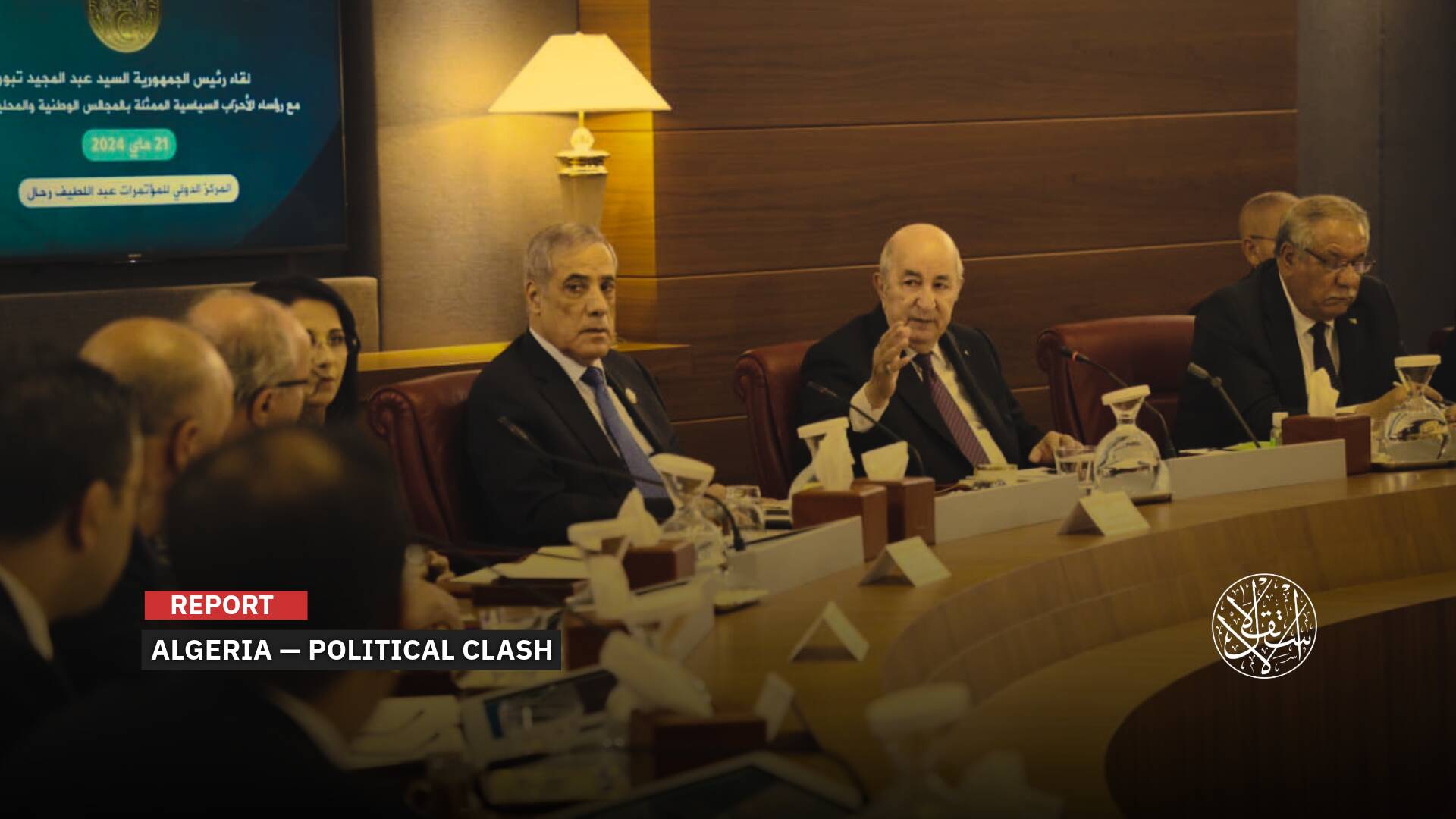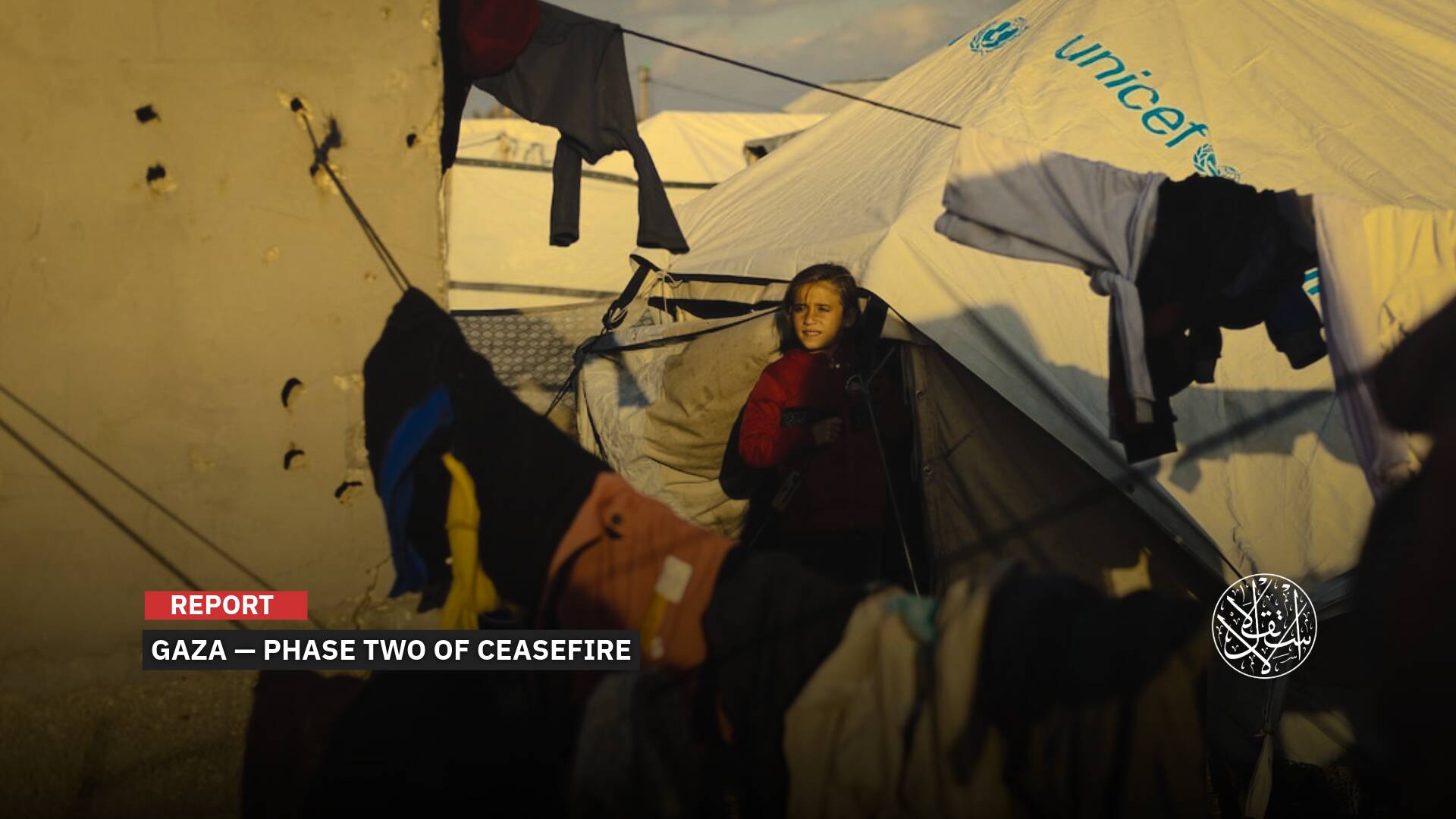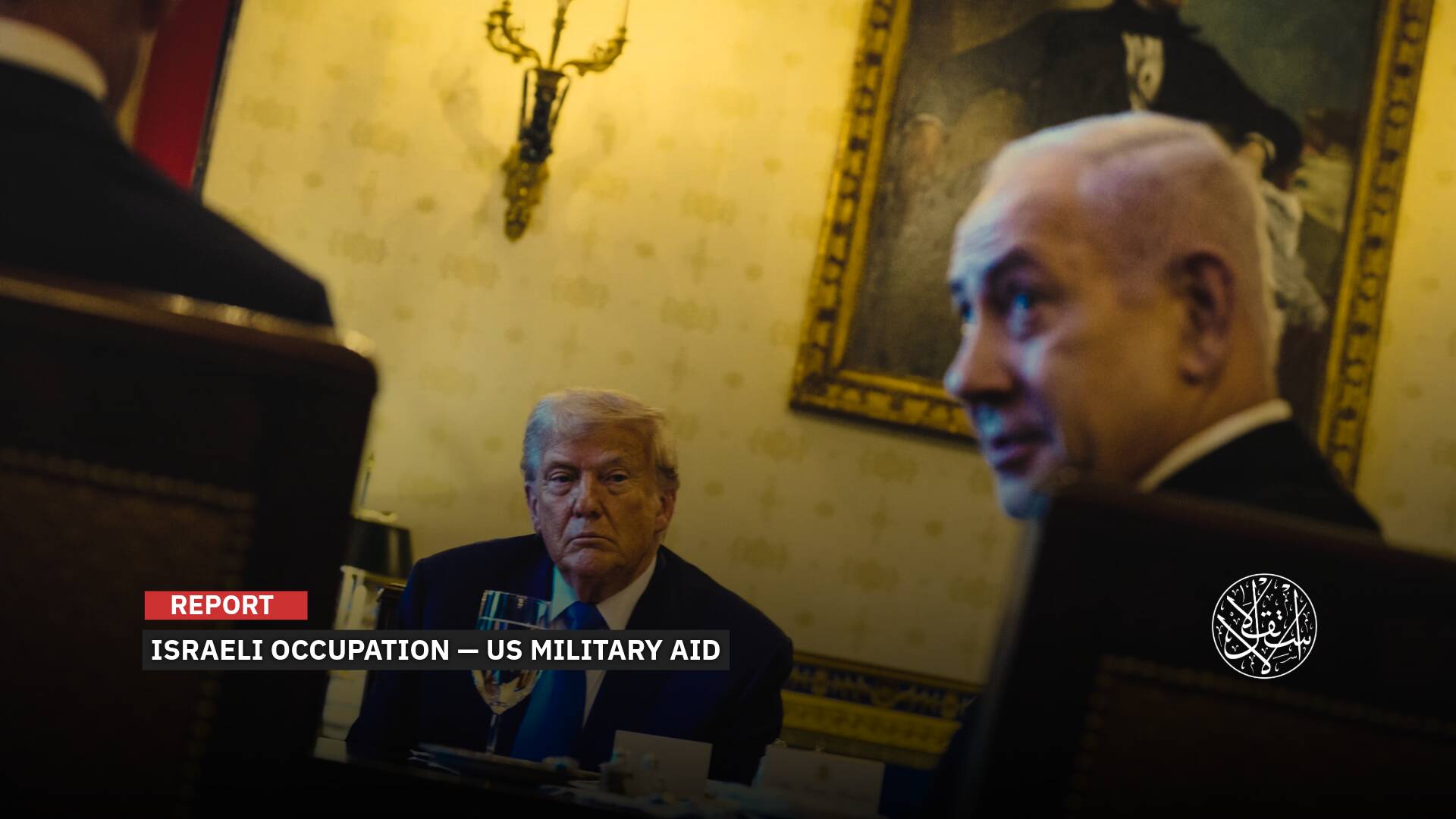Mounting International Pressure on UAE: Calls for Release of al-Islah Detainees Before COP28

On July 2, 2023, the anniversary of the largest political trial in the history of the United Arab Emirates occurred, involving Islamists affiliated with al-Islah, an organization affiliated with the Muslim Brotherhood, because, in the words of the indictment, it sought to change the country’s “system of governance.”
On this day in 2013, the UAE authorities prosecuted dozens of individuals who had signed the al-Islah Petition (Reform Petition) inspired by the Arab Spring.
Through this infamous trial, activists, lawyers, students, and teachers have been imprisoned by the authorities since then, with some of them still being denied release despite the expiration of their sentences.
Pressures Before ‘COP28’
On the occasion of the ten-year anniversary of this unjust trial, dozens of human rights organizations, including Amnesty International and Human Rights Watch, have criticized Abu Dhabi for hosting the climate conference despite imprisoning al-Islah advocates.
In a statement dated July 2, these organizations called on the United Arab Emirates, which is hosting the 28th Conference of the Parties (COP28) on climate change in November 2023, to release “unjustly” imprisoned dissidents.
They warned that if governments worldwide want to ensure the integrity of COP28 and prevent it from being tarnished by repression, they must take action now by pressuring the Emirati government to urgently release these prisoners.
Environmental activists argue that the UAE suppresses activists, making it challenging to hold a climate summit where protests are an essential part of the event.
They point to the ongoing detention of individuals who were “unjustly” convicted, even after their official prison sentences have ended.
This notorious trial followed a wave of arrests and crackdowns that occurred in 2012, resulting in the prosecution of 94 Emirati dissenters, including activists, lawyers, students, and teachers.
At the conclusion of the trial on July 2, 2013, 69 individuals were sentenced to prison for their alleged links to the Muslim Brotherhood.
As of now, 60 of them remain in custody, including 51 who have completed their sentences but continue to be arbitrarily detained, according to Amnesty International.
The list of prisoners includes activists, academics, lawyers, university professors, and members of ruling families.
In addition to those imprisoned since 2012, the UAE government has “unjustly” imprisoned both citizens and foreigners.
They include academic Dr. Nasser bin Ghaith and award-winning human rights blogger Ahmed Mansoor, who received the Martin Ennals Award for Human Rights Defenders in 2015.
The statement quoted Heba Morayef, Amnesty International’s regional director for the Middle East and North Africa, as saying: “If governments around the world want to ensure that COP28 is not tarnished by repression and is successful in delivering urgent and effective climate action, they must act now by pressuring the Emirati government to urgently release these prisoners.
“Although we are halfway through the year in which the UAE is in the international spotlight through its upcoming hosting of the most important annual climate change conference, COP28, its government has not released any of the 60 Emiratis it unjustly imprisoned in the notorious mass trial of 2013, even though 51 of those detained have completed their sentence.”
In an article published on June 11, 2023, the Financial Times reported that the UAE is launching a public relations campaign to improve its tarnished environmental and human rights record ahead of COP28.
The report stated that they have paid $8.2 million (30 million dirhams) to public relations firms tasked with burnishing the country’s image, including creating fake Twitter accounts to promote them and disseminate misleading information.
COP28, the 28th Conference of the Parties to the United Nations Framework Convention on Climate Change, will be held in Dubai from November 30 to December 12, 2023, and will involve discussions on how to address the global threat posed by climate change, with 198 countries participating.

Repressive UAE
Over 42 international and Arab human rights organizations called for the immediate release of these “unjustly” imprisoned dissidents in a statement issued on July 2, backed by a petition submitted in early May 2023.
They affirmed that most of them have already served their actual sentences, yet they remain confined under the grip of arbitrary detention and imprisonment.
The statement highlighted the targeting of human rights activists, the enactment of repressive laws, the use of courts to suppress human rights, the strict restrictions on freedom of expression online and offline, and the criminalization of peaceful opposition.
The 42 organizations criticized the continuous detention by UAE authorities of 60 human rights activists, civil society members, and political dissidents since their arrests in 2012 for advocating reform, democracy, or association with the al-Islah group.
Some members of this group have been subjected to enforced disappearance, torture, and other forms of mistreatment, with some being deprived of family visits for five years.
The organizations confirmed that over three-quarters of these prisoners have completed their sentences but continue to be subjected to arbitrary detention. The authorities refuse to release them, claiming that they still pose a “terrorist threat,” relying on vague laws that allow their indefinite detention, flagrantly violating international human rights law.
Considering that the UAE is hosting the United Nations Climate Change Conference (COP28), deep concern is expressed about the state of human rights in the UAE, particularly the severe restrictions imposed by the authorities on human rights, freedom of expression, and peaceful assembly.
The organizations emphasized that the UAE government might attempt to use its presidency of COP28 to cynically promote an image of openness and tolerance while disregarding the right to freedom of expression, association, and peaceful assembly.
This parallels the tactics employed by the regime of Abdel Fattah el-Sisi, which sought to exploit Egypt’s hosting of the climate conference in Sharm el-Sheikh to improve its image but instead faced a storm of revelations exposing its violations.
The organizations fear that the strict restrictions imposed by UAE authorities in recent years will hinder the full and meaningful participation of journalists, activists, human rights defenders, civil society, youth groups, and indigenous representatives at COP28.
These organizations assert that a country with such a tarnished record in the field of human rights will face pressure from civil society to effectively fulfill its role in advocating for ambitious actions to address the climate crisis.
They firmly stress that if the UAE does not immediately cease its ongoing human rights violations and lift the imposed restrictions on civic space, any potential positive outcomes of the conference are at risk.
Therefore, human rights organizations demand the immediate and unconditional release of all detainees solely for exercising their human rights, the closure of all secret detention centers, and the amendment of all repressive laws such as the anti-terrorism law.
March 3 Petition
In the face of ongoing animosity from bin Zayed towards the Islamic movement and advocates of al-Islah, 133 activists, including university professors, human rights activists, and former deputies (with 18 of them being women), took action by signing a renowned petition known as the “March 3 Petition,” so named for its release on March 3, 2012.
In the petition, they called for adopting a parliamentary democratic approach as stated in the 1971 Constitution, upon which the state was founded, and emphasized the necessity of judicial independence from the State Security Court.
The “reformists” (those who belong to al-Islah) cited Sheikh Zayed bin Sultan Al Nahyan, the founder of the UAE, who stated that democracy and parliamentary rule are foundations of governance in the United Arab Emirates. They noted that his words had not been implemented to this day.
The petition coincided with the rise of the Muslim Brotherhood in Egypt following the January 2011 revolution, which became a nightmare for Mohammed bin Zayed.
It reminded him of the rise of “reformists” in his country in the 1970s and 1980s, who opposed his Western projects.
In response, the authority, dominated by bin Zayed, launched a widespread campaign of arrests, targeting 94 opposition figures. They were subjected to a farcical trial, and their lawyers were prevented from attending.
The campaign began in March 2012 against those who demanded an improvement in the climate of freedoms, inspired by the Arab Spring wave. It ended with the trial of the majority of them, 94 individuals, mostly Islamists, in a mass trial on July 2, 2013.
The defendants were charged with their alleged links to the al-Islah group, and the indictment claimed that they sought to change the system of government in the country.
As reported by The Guardian at the time, the detainees were brought into the courtroom blindfolded, and male personnel uncovered the faces of women to confirm their identities, a practice condemned by human rights organizations due to the absence of female guards to handle identity checks for women.
The UAE authorities also revoked the citizenship of advocates affiliated with the society, among them those who supported a petition known as the National Council Petition, which called for the establishment of a democratic parliament and was signed by over a thousand citizens, including intellectuals and elite thinkers.
The trial was a disgrace for bin Zayed’s authorities, as the defendants recounted the torture they endured in detention centers and lodged complaints against the officer responsible for their torture, which were disregarded as customary in repressive Arab courts.
Such unjust trials marked the beginning of bin Zayed’s series of measures and legislation against anything Islamic, tightening restrictions on any Islamic activity, and the subsequent arrest of those calling for reform.
Sources
- UAE: "clear violations" in the first trial of al-Islah dissidents [Arabic]
- UAE: Ahead of COP28, civil society actors sentenced in mass trial remain behind bars
- Roots of hostility: Why does the UAE spend huge budgets on the Islamist war? [Arabic]
- Joint statement: The UAE's human rights record before the climate conference "COP 28" [Arabic]
- UN climate summit organisers wage public relations battle












